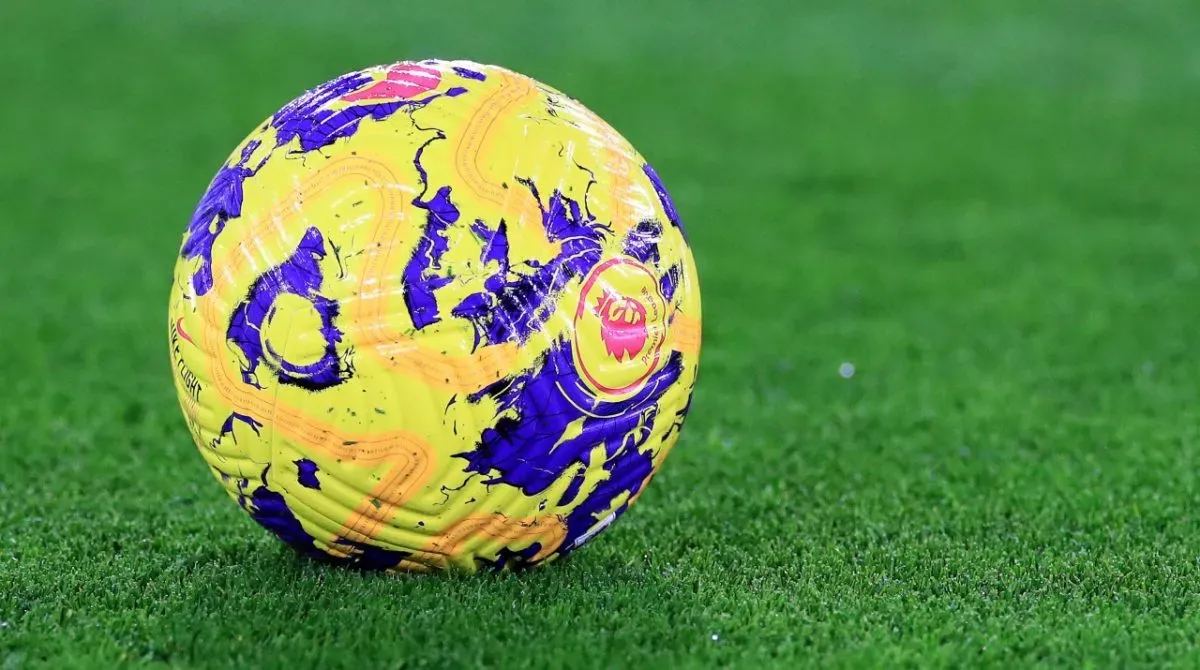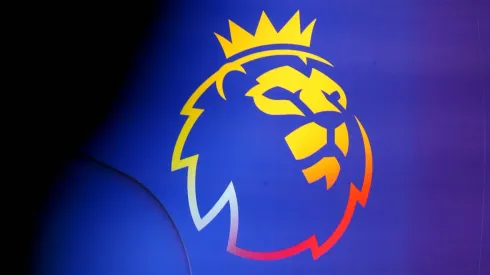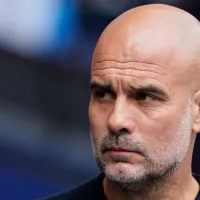Premier League officials are reportedly considering getting rid of financial restrictions now in place. Current Profit and Sustainability Rules (PSR) state that teams cannot exceed $133 million in losses over three years. The law has seen Everton and Nottingham Forest both receive points penalties throughout the current campaign.
Other clubs, such as Chelsea and Newcastle, are also thought to be sweating over potential punishments as well. The Blues recently recorded $115 million in losses for the 2022/23 financial year alone. Magpies CEO Darren Eales, on the other hand, previously claimed that his club may have to sell key players this summer to adhere to the rules.
There have been rumors that English top-flight teams would adopt Financial Fair Play (FFP) laws currently with UEFA. These rules are different from PSR in that they essentially just limit clubs from spending more than they earn.
Ultimately, English clubs supposedly fear that PSR may force the Premier League to fall from the top spot in Europe. These teams believe that the current laws could cause the best players to defect to other rival big leagues.
PSR was not implemented to hinder teams at the bottom of the table
Soccer reporter Mike Keegan discussed the potential introduction of a luxury tax in the Premier League during an interview with talkSPORT on Thursday. Keegan claimed that PSR was not exactly intended to target clubs such as Everton and Forest. However, these two teams fighting for survival in the top flight were the first to receive points penalties.
“When these rules were introduced, I don’t think anybody would have said that ‘these are the types of clubs that we’re going to go after,'” stated Keegan. “Somebody put to me with regards to Forest, it looks like the only damage that their owner is doing is to his own wallet and who needs to stop him from doing that?”
The reporter then suggested that introducing a luxury tax could replace the current financial rules. America’s Major League Baseball and National Basketball Association both use a form of a luxury tax. However, MLB’s version, what they call a “Competitive Balance Tax,” is a bit less restrictive than the NBA’s luxury tax.

“One of the other proposals is a luxury tax which features in MLB and the NBA where you’re given a limit, so you know how much you’re allowed to lose,” continued Keegan.
“If you want to spend more than that, if you say, ‘Well, that’s not enough, I want my team to spend x amount of place to make sure we’re competitive. It’s my money and why should I not be able to do that?’ So then if you spend more than you’re permitted to, that for every x amount of millions you go over what’s permitted, you will get hit with what they call a luxury tax.”
Premier League luxury tax funds could aid lower-level English clubs
One particularly interesting aspect of this idea is where the luxury tax money would eventually end up. Keegan suggested that these fees could very well be distributed to the clubs that adhere to the financial rules. However, the funds could also be used to help struggling teams in the English Football League (EFL).
Premier League clubs have been at odds with the EFL regarding a potential financial settlement. There has been a $1.1 billion deal on the table, but top-flight teams have blocked the agreement. Introducing a luxury tax could very well appease the EFL, assuming they would benefit financially from the move.
Nevertheless, allowing clubs to spend as much money as they want would likely increase the gap between top-flight teams. In turn, it could make it more difficult for smaller clubs to compete with the big boys. There is already a disdain regarding the “Big Six” Premier League teams among rival fans.
PHOTOS: IMAGO.















